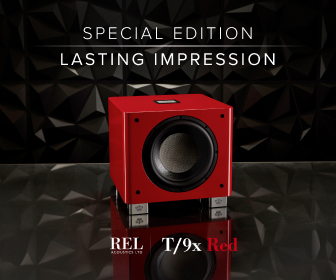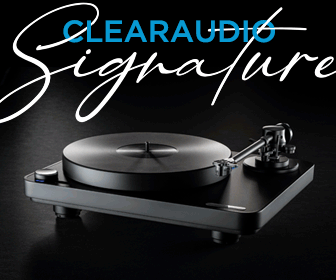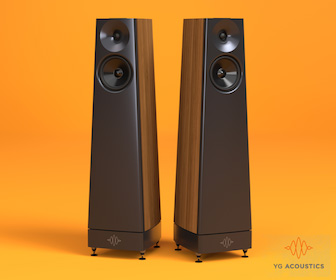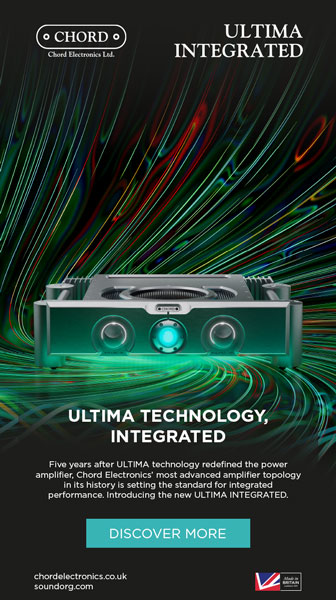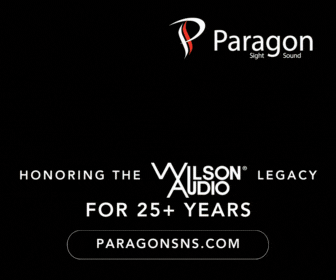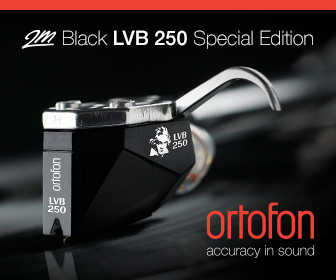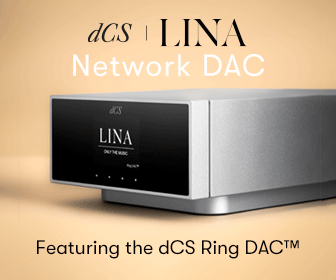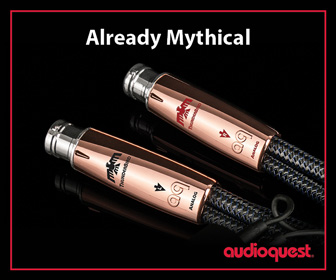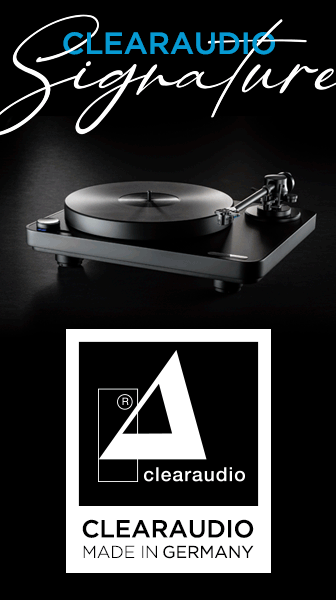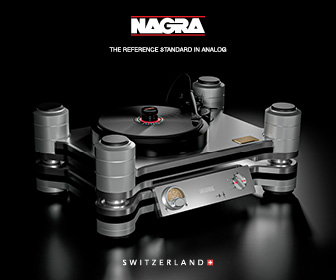Kronos Quartet's Deepest Album Now on Vinyl for the 1st Time
Crumb's "Black Angels" and Shostakovich's 8th get double-LP treatment
As part of its 60th anniversary celebration, Nonesuch Records is reissuing several of its albums on vinyl for the first time, among them one of the greatest recordings by the Kronos Quartet, which happens to be marking its 50th year as an ensemble.
The album is Black Angels, the label’s 6th Kronos album, released in 1990 and still among the most jarring and important in the entire Nonesuch catalogue and in the Kronos discography.
Nonesuch and Kronos made a perfect pairing at the time of their union in 1986. No other classical label at the time could have comprehended, much less creatively promoted, what Kronos was up to; and no string quartet, other than Kronos, could have jolted Nonesuch to such a wide-ranging array of artistry.
It was in 1984, two decades after the label’s creation, that Nonesuch, under the new leadership of Robert Hurwitz, carved the modernist angles that it’s known for today—bold cover designs encasing new music by the era’s most innovative musicians, notably Philip Glass, Steve Reich, John Adams, John Zorn, and, perhaps above all (at least most persistently over the ensuing decades), Kronos Quartet.
Fans who weren’t around at the time would find it hard to imagine the storms that Kronos stirred up when the group first hit the nation’s concert halls. The three men in the quartet (David Harrington, 1st violin; John Sherba, 2nd violin; and Hank Dutt, viola; joined for its first years by Joan Jeanrenaud, cello) wore flamboyantly fashionable duds, not tuxedos (this alone shocked patrons). Their programs, for the most part, shunned the classical repertory in favor of largely unknown pieces by living composers. One symphony board member at the time harrumphed to me, at a dinner party, that Kronos “isn’t serious” because it didn’t play the likes of Beethoven or Mozart. The fact that a favorite encore piece was a blazing cover of Hendrix’s “Purple Haze” hardened the point—though, oblivious to the snobs, a new young audience for the classics was rising to the occasion.
Black Angels was, and still is, a bit of an anomaly among the 46 albums Kronos has made for Nonesuch over the decades. It features the title composition, by George Crumb; a 16th century by Thomas Tallis; brief pieces by Charles Ives and Istvas Marta (“They Are There!” and “Doom, a Sigh,” respectively); and Shostakovich’s Quartet No. 8. None of these were new pieces, but they were configured in a way that was entirely, bracingly new for a string-quartet album.
The Crumb piece is crucial in the Kronos origins story. As David Harrington, the group’s founder and music director tells it, one night in August 1973, at the age of 23, recently married and between jobs, he was lying in bed, listening to the radio, when “Dark Angels,” played by the New York String Quartet (on the small CRI label, one of the few labels where adventurous classical music could be pressed before Nonesuch met Kronos), came on the air. It jolted him upright. He’d never heard anything like it. As he recalled to me in a recent email:
"This experience changed everything for me. All of a sudden the worlds of the anti war movement, Schubert, Jimi Hendrix, early music and experimental music were combined into one world and I had my song. There was no choice—I had to play this music. The next day I found out who George Crumb was, who published his music, the phone number of Peters Music in NYC and called them up. Somehow, I was able to convince the person on the end of the line that I needed the score to ‘Black Angels’ immediately. Several days later a big mailing tube arrived with the huge score of ‘Black Angels’ rolled up in it. Upon inspecting the score, it was clear that I needed to get a serious group together to play this piece. On or about September 1,1973 Kronos had our first rehearsal."
It's a dark, blistering, incredibly difficult 18-minute piece (it takes up all of Side 1 on Nonesuch’s two-LP vinyl reissue), written in 1970 as a sonic jeremiad against the Vietnam War. Kronos tears into it with electronics, multiple overdubs, shards of distortion, and frenetic but precisely directed energy. The pieces by Tallis, Marta, and Ives (totalling 22 minutes and taking up Side 2) are more spare but nearly as haunting. Shostakovich’s Quartet No. 8 (Side 3) is the most famous and in some ways most daunting, a passionate, mournful piece in five movements composed in 1960, dedicated, as Shostakovich wrote on the score, “to the victims of fascism and war” (though his heirs later said he meant it as a critique of all forms of totalitarianism, including the Soviet brand, which he couldn’t slam openly at the time).
This track stands as dramatic rebuttal to the claim that Kronos can’t play the classical repertory. Its cover falls short of the Borodin Quartet’s 1962 recording, but so does every other version and almost every other string-quartet recording, period. When the Borodin played the piece for the composer in his Moscow apartment, in hopes of receiving some critical notes, he was so moved by the group’s treatment that he broke down in tears. Still, in the hands of Kronos, this is deeply felt music—I would say on the same level as the Emerson Quartet’s, which is regarded as among the best of fairly recent renditions. (Recorded in 1999, it was released as a stand-alone disc and as part of Emerson’s series of all 15 Shostakovich quartets.) I have read some criticisms that Kronos plays the piece too fast, but I don’t hear it that way, and, in any case, its version and Emerson’s both clock in at 20 minutes.
Kronos hasn’t delved much into the repertory since. (One notable exception, three years after Black Angels, was At the Grave of Richard Wagner, featuring pieces by Lizst, Berg, and Webern.) But this is because they haven’t wanted to do so, not because they can’t. In the three decades since, they have played mostly pieces that Kronos commissioned. The pieces in their catalogue now number nearly 1,000, many of them by foreign composers. Their first foray into such exotica, Pieces of Africa (1992), was a wild best-seller, signaling what might have been the popular beginning of “world music” (now called, simply, “music”). It was just in April that the album was inducted into the Library of Congress’ National Recording Registry. (Nonesuch reissued this on 2-LP vinyl in 2013.)
Still, Black Angels stands as a uniquely profound Kronos album. (Close runner-ups might include Early Music, Night Prayers, Terry Riley’s Requiem for Adam, “The Beatitudes” from Music of Vladimir Martynov, and the quartet albums of Schnittke and Gorecki.)
As for sound quality, the vinyl edition of Black Angels is superior to the original CD. You hear more resin on the bows, richer overtones from the wood, a slightly fuller image of each instrument, an airier ambience. Nonesuch went to the trouble of stretching out the album to fill three sides of two LPs. (The 4th side is blank, except for some decoration.) As a result, the inner grooves are widely spaced, free of distortion. In general, though, Nonesuch while adventurous in so many other ways, never set out to be an audiophile label. Most Kronos albums sound good; very few sound great. Furthermore, this album was recorded to DAT at 44.1 kHz / 16 bit (this was before High-Rez digital came into being). For what it is, it sounds better than you might suspect.
An odd, obscure fact: One of the first Kronos albums, In Formation, made iin 1979, before they were known at all, was engineered at 45rpm by Reference Recordings, which, like the quartet, was based in San Francisco. It has interesting music that sounds great. Many Kronos albums on Nonesuch have great music that sounds…fine. On no albums do any sonic shortcomings get in the way of the music. Buy them, especially this one.







